The world of education is rapidly evolving, and technology plays a crucial role in enhancing learning experiences. One of the most influential technologies driving this change is Python, a programming language renowned for its simplicity, flexibility, and extensive libraries. From AI-driven tutoring systems to interactive learning platforms, Python powers some of the top educational apps developed to improve accessibility and engagement in learning.
In this article, we explore how Python is transforming education and highlight some of the best educational apps developed with Python that are shaping the future of learning.
1. Duolingo – Gamifying Language Learning
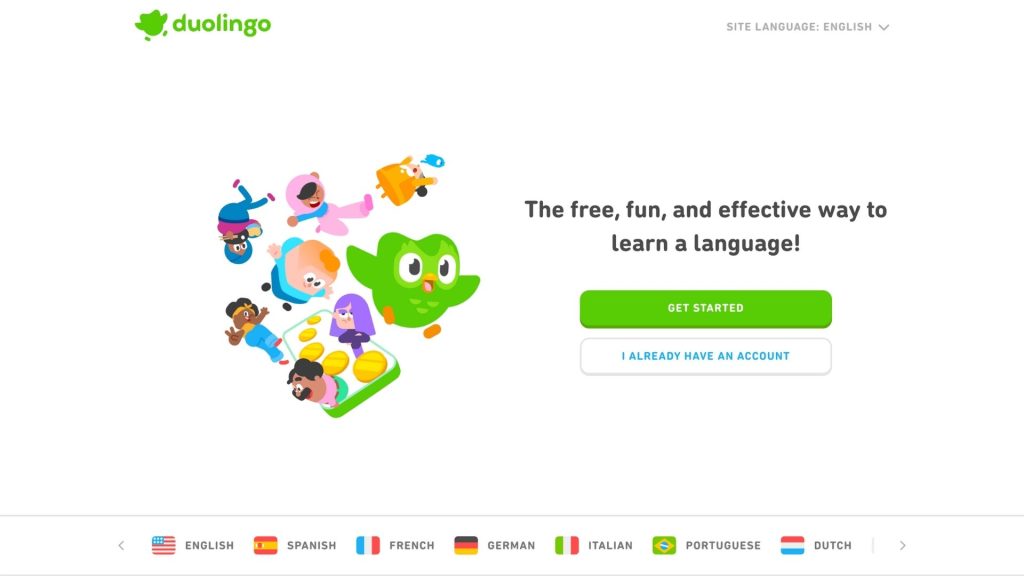
Duolingo is one of the most popular language-learning apps, helping millions of users master new languages through gamification. Python plays a key role in Duolingo’s AI-driven features, enabling:
- Personalised learning paths based on user progress
- Speech recognition for pronunciation improvement
- AI-generated exercises to enhance retention
With Python-based machine learning algorithms, Duolingo continuously adapts to users’ learning habits, making language acquisition more engaging and effective.
2. Khan Academy – Free World-Class Education
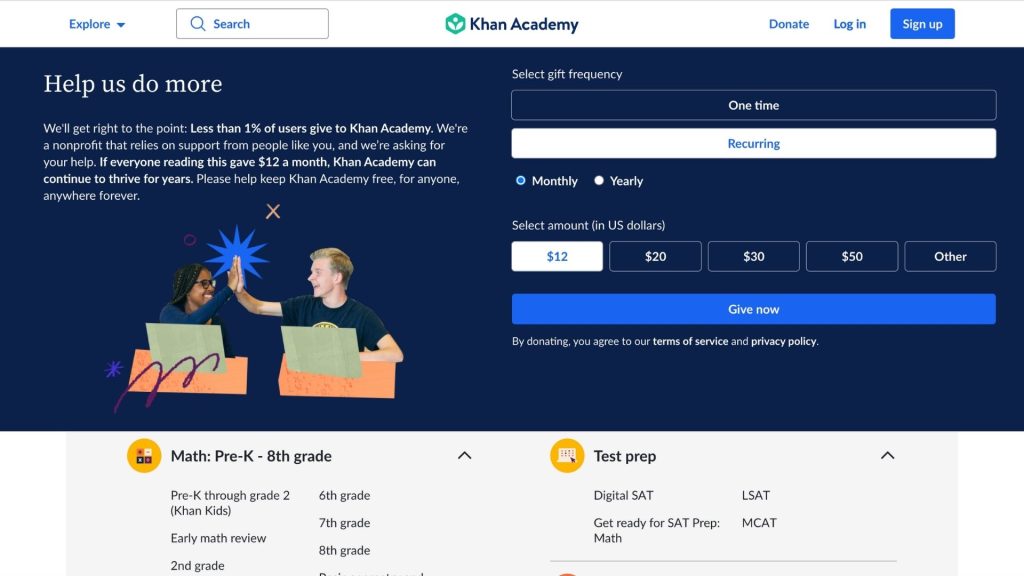
Khan Academy is a non-profit organisation dedicated to providing free, high-quality education. Python powers much of its back-end infrastructure, ensuring:
- Seamless video streaming for thousands of educational lessons
- Data-driven performance tracking for students
- Customised course recommendations based on user progress
Python’s scalability allows Khan Academy to serve millions of learners globally, democratising education.
3. Coursera – AI-Driven Online Learning
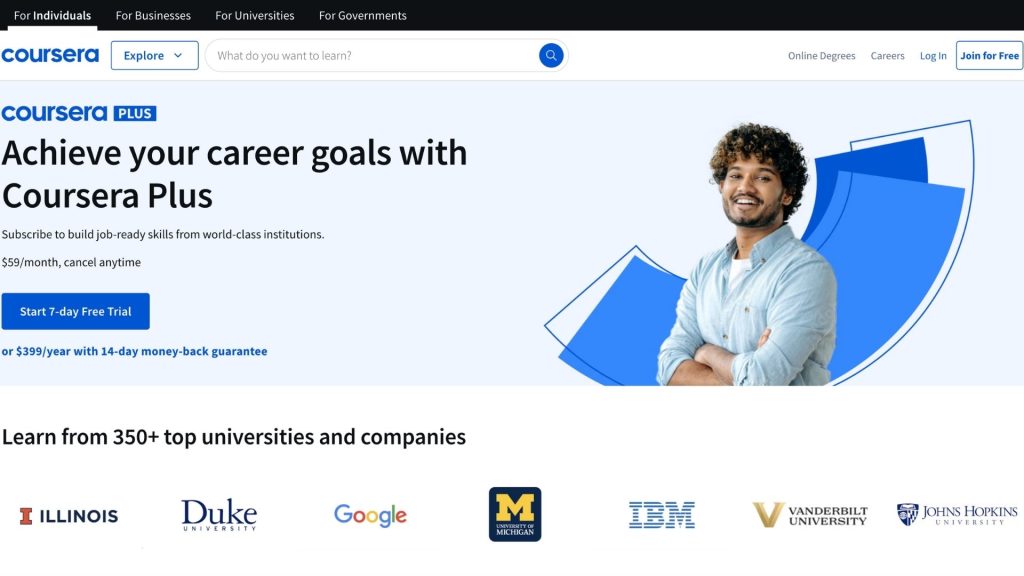
Coursera, a leading online learning platform, uses Python-based AI and data science models to enhance its course offerings. This includes:
- Automated grading systems for quizzes and assignments
- Personalised content recommendations for learners
- Real-time analytics to track student engagement
Python’s robust data analysis capabilities help Coursera continuously refine its platform, making learning more interactive and effective.
4. Moodle – Open-Source Learning Management System
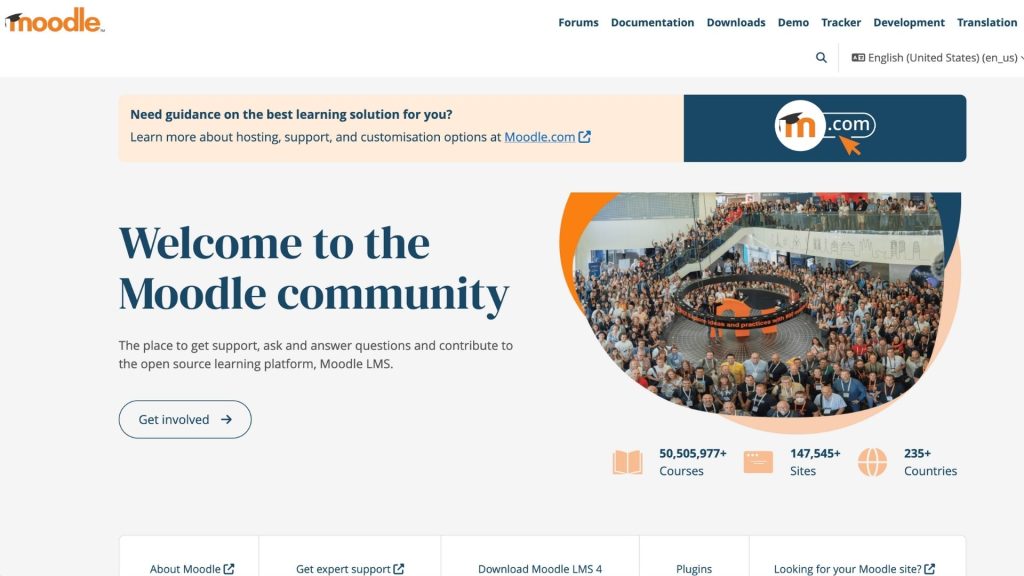
Moodle is a Python-powered educational platform designed to provide institutions and educators with an open-source Learning Management System (LMS). It facilitates:
- Secure communication between educators and students
- Customisable course creation and management
- Data-driven insights for personalised teaching methods
By leveraging Python’s flexibility, Moodle provides an engaging, collaborative space for digital learning.
5. Open edX – Scalable Learning Management System
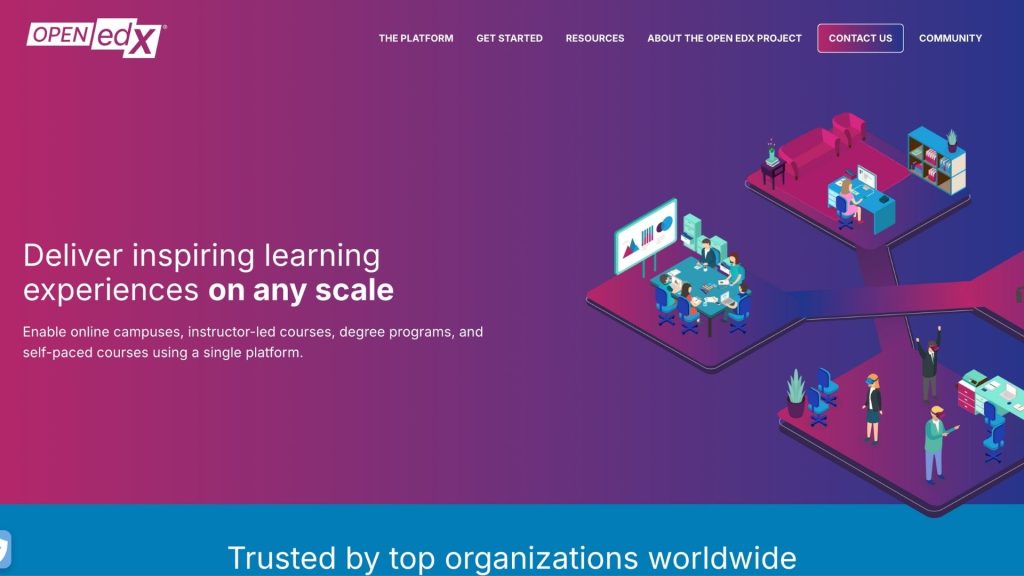
Developed by MIT and Harvard, Open edX is an open-source learning management system (LMS) that enables institutions to offer online courses. Python supports its powerful features, such as:
- Interactive course modules with AI-driven insights
- Adaptive assessments for personalised learning experiences
- Advanced analytics for student performance tracking
Python’s extensive ecosystem makes Open edX an ideal solution for universities and corporations worldwide.
6. Tynker – Teaching Kids to Code
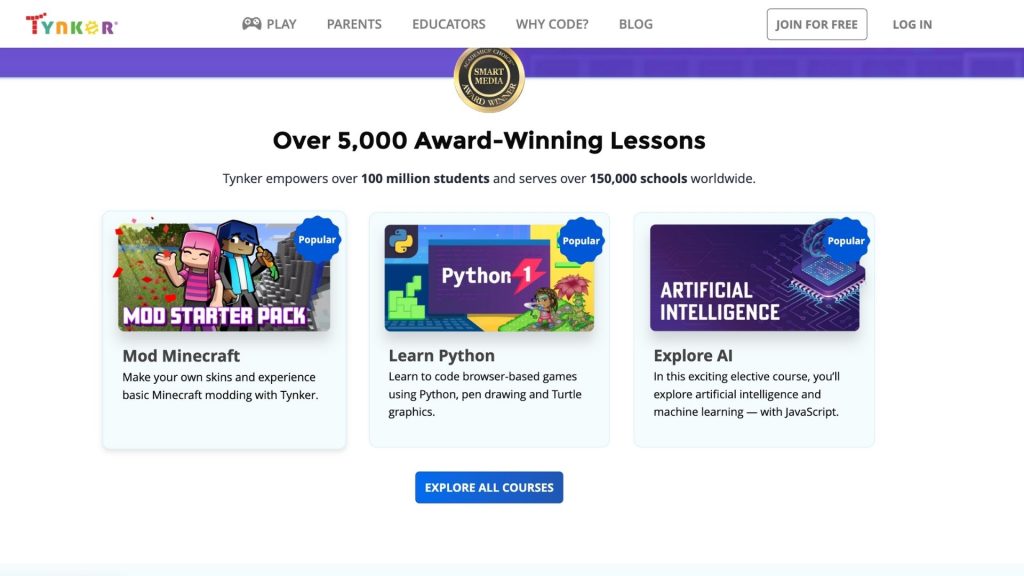
Tynker is an educational app designed to teach children coding through interactive lessons and projects. Python is at the heart of its:
- AI-powered coding challenges that adapt to student progress
- Integration with IoT and robotics to create real-world applications
- Gamified approach to learning programming concepts
By making coding accessible to young learners, Tynker is shaping the next generation of developers.
7. Brainly – AI-Powered Homework Assistance
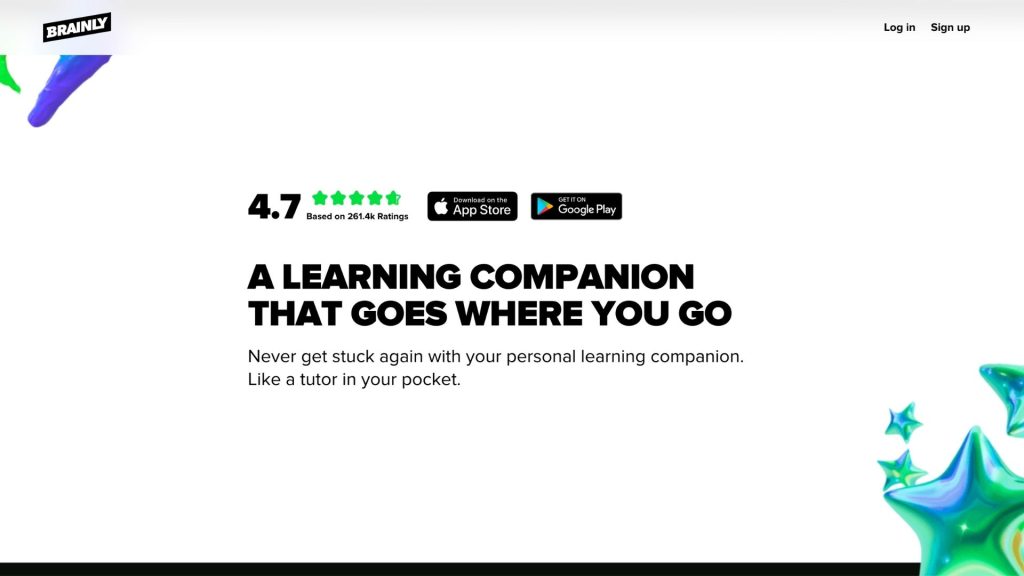
Brainly is a Python-driven peer-to-peer learning platform where students can ask and answer questions. With Python’s AI capabilities, Brainly offers:
- Smart question recommendations based on user queries
- Automated moderation to maintain content quality
- Personalised learning paths for students based on their activity
By harnessing Python-based machine learning, Brainly creates an interactive and engaging learning community.
Why Python is the Preferred Choice for Educational Apps
The dominance of Python in educational app development can be attributed to several key advantages:
- Ease of Use: Python’s simple syntax makes it easier for developers to build and maintain applications.
- Machine Learning & AI Integration: Python’s extensive libraries like TensorFlow, Keras, and scikit-learn enable AI-driven features in educational apps.
- Scalability: Python-powered apps can seamlessly scale to accommodate millions of users.
- Open-Source Libraries: Python’s vast collection of libraries allows for rapid development and innovation.
How Dev Centre House Ireland Supports Python-Based Educational App Development
For organisations looking to build cutting-edge educational applications, Dev Centre House Ireland provides expert Python development services. Their experienced engineers specialise in AI-driven and scalable e-learning solutions, ensuring that educational apps meet the demands of modern learners.
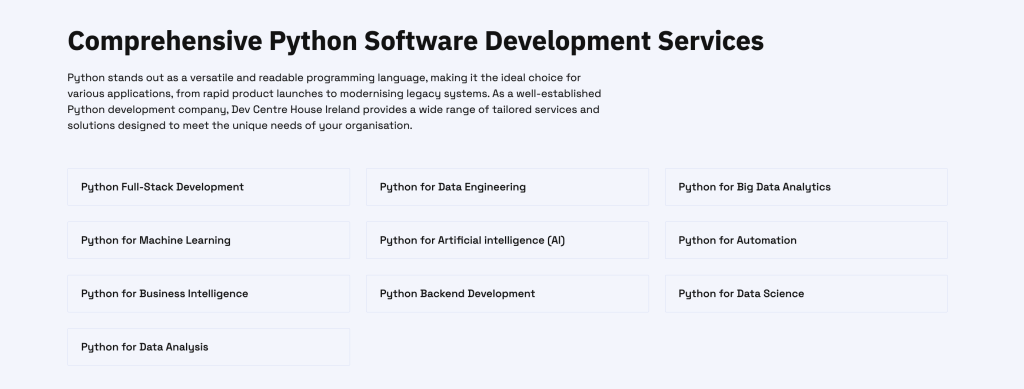
Python has become the backbone of leading educational apps, enabling intelligent, engaging, and accessible learning experiences. From language learning and AI tutoring to personalised coursework, Python-powered applications are transforming education globally.
If you’re considering developing an educational app, partnering with Dev Centre House Ireland can help turn your vision into reality with scalable and AI-driven solutions.



